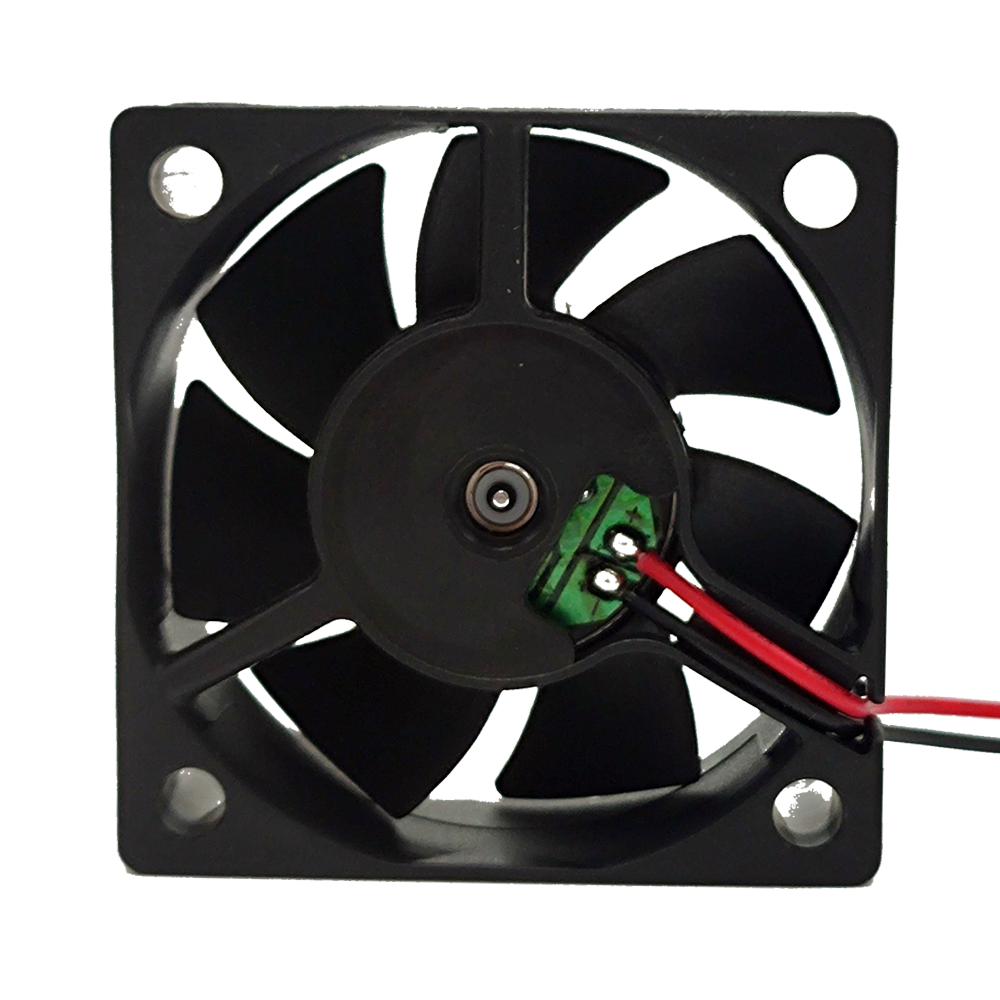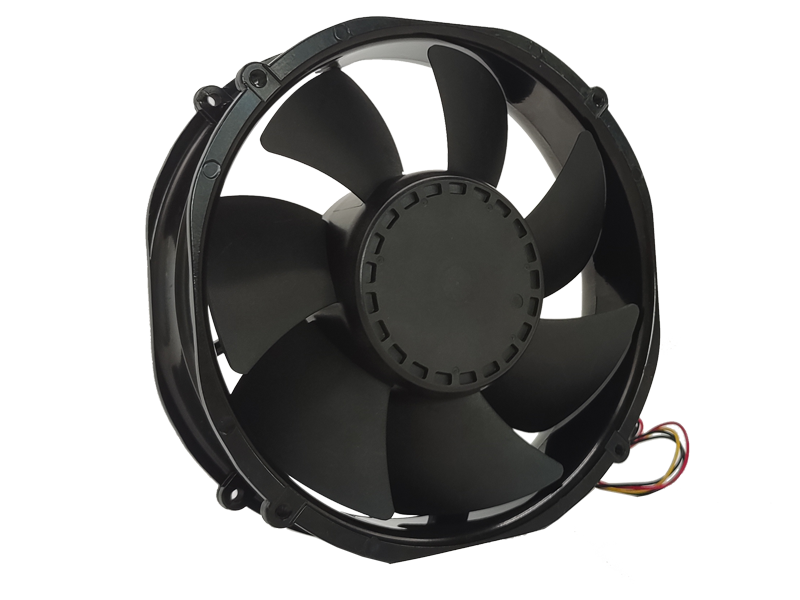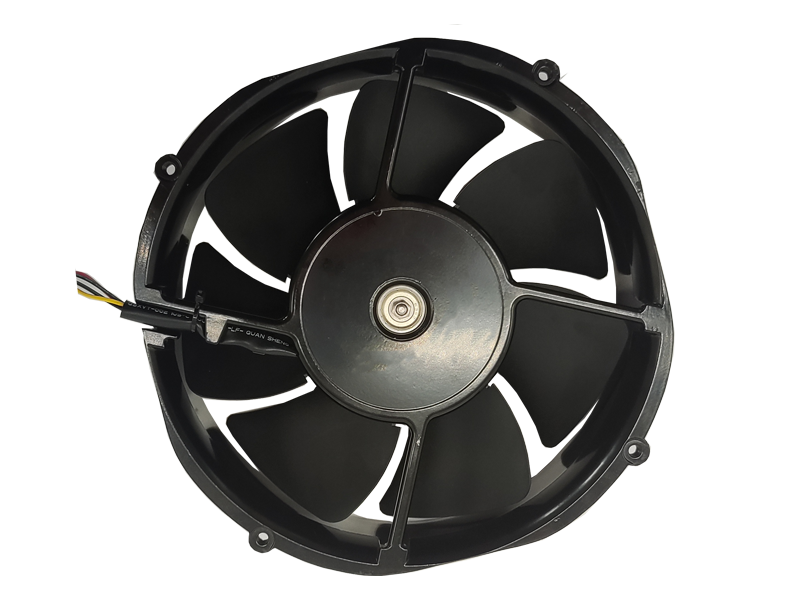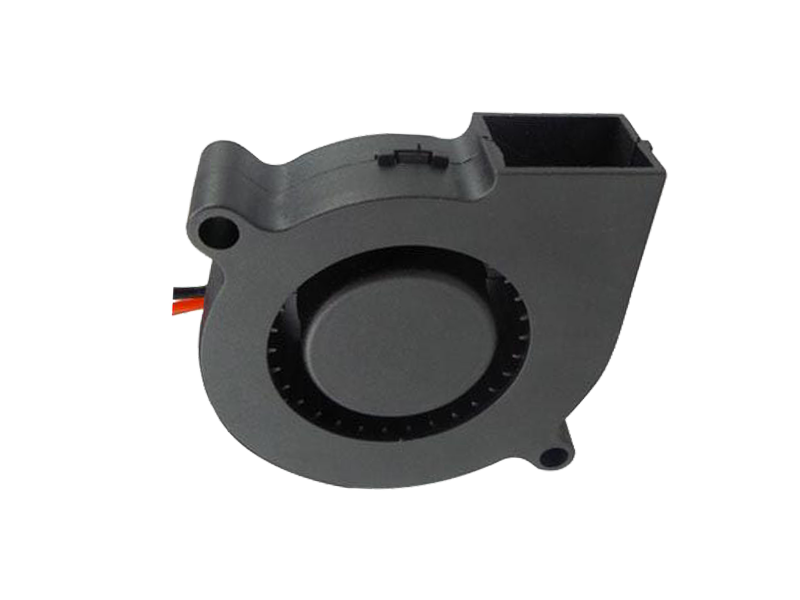Industrial fans play a critical role in various sectors, from manufacturing to agriculture. Their primary function is to ensure efficient air circulation and temperature control, which are vital for maintaining optimal working conditions. As a product manager, understanding the engineering and design innovations behind industrial fans is essential for developing effective solutions that meet market needs.
Understanding the Fundamentals
At their core, industrial fans operate on basic principles of fluid dynamics. The fan blades create a pressure differential, drawing air in and pushing it out, which helps in cooling, ventilation, and exhaust applications. The design of the blades, the motor type, and the overall construction material significantly affect performance and efficiency. Therefore, careful consideration of these elements during the design phase is crucial.
Key Design Features
Blade Design
The shape, angle, and number of blades are critical factors in determining the fan’s airflow and efficiency. For instance, fans with wider blades can move larger volumes of air at lower speeds, which reduces noise and energy consumption. The use of advanced computer simulations during the design phase allows engineers to optimize blade profiles for maximum performance.
Motor Selection
The choice of motor directly influences the operational efficiency and lifespan of the fan. High-efficiency motors, such as those classified as IE3 or IE4, not only consume less energy but also reduce operational costs over time. Additionally, integrating variable frequency drives (VFDs) can provide dynamic speed control, allowing the fan to adjust its performance according to real-time demands.

Materials and Durability
Given that industrial fans are often used in harsh environments, selecting the right materials is paramount. Corrosion-resistant materials, such as galvanized steel or high-density polyethylene, can extend the life of the fan while ensuring reliable performance. Moreover, lightweight materials can enhance ease of installation and maintenance.
Noise Reduction Technologies
One of the significant challenges with industrial fans is noise generation. As industries strive for compliance with regulations and the comfort of their workforce, noise control becomes a priority. Engineers are now implementing various technologies, such as sound-dampening casings and strategically designed blade shapes, to minimize noise levels without compromising airflow.
Smart Technology Integration
With the rise of the Internet of Things (IoT), industrial fans are becoming smarter. Integrating sensors for monitoring airflow, temperature, and humidity can lead to more efficient operations. For instance, predictive maintenance systems can alert operators when a fan is likely to fail, thus reducing downtime and maintenance costs.
Conclusion
The engineering behind industrial fans encompasses various design elements, from blade configuration to motor selection and materials. By focusing on innovation and efficiency, product managers can develop industrial fans that not only meet regulatory standards but also enhance workplace comfort and productivity. The future of industrial fans lies in intelligent designs that adapt to user needs while minimizing environmental impact.
Recommended Products

The main purpose:Car charging station

The main purpose:Car charging station

The main purpose:Electronic refrigerators, water dispensers, direct drinking machines, inverter power supplies
Address:No. 4137, Longgang Avenue (Henggang Section), Henggang Community, Henggang Street, Longgang District, Shenzhen
hotline:13530005572(Chen)15112579390(Li)


Welcome all friends to come for consultation and negotiation.
Copyright 2024 @ Shenzhen Youneng Xinyuan Electronics Co., Ltd.,(industrial fans,industrial blowers,axial fans,cooling fans manufacturer,centrifugal fans,ac cooling fans,dc cooling fans)